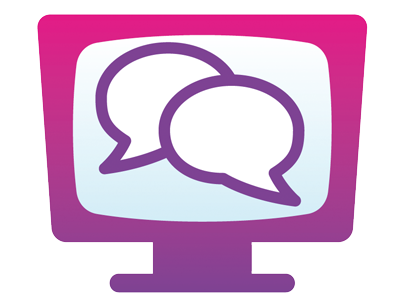What are the best examples of tools that engage citizens in assessing priorities or arguments?
Paul Johnston asks:
We have seen lots of great tools for getting ideas and input, but the essence of policy-making and public decision-making more generally is making trade-offs. Some great work has also been done in this area (particularly by local authorities in relation to budgets with tools that ask citizens to make the tradeoffs), but not much seems to have been done beyond budget consultation. What sort of online tool, for example, might be used to get a sense of how people weigh all the different factors that relate to airport congestion in the south-east of England? Or lets say that the government had arrived at a provisional “solution” to the problem, what sort of tool would let the government set out the stages of its argument and get an interesting quantitive response on which steps in the argument people were happiest with and which people were least happy with?
It’s a tricky area, for sure, partly I think because the people commissioning these exercises – understandably – have their own agendas and political pressures, so it’s rare to see tools ‘from the inside’ which are truly unfettered deliberative platforms.
Three from the outside would be:
- Wrangl: a great visualisation tool showing the arguments and counterarguments for a proposition, with the ability to add sources and share through social networks. First developed and used to map arguments around the AV referendum in 2011
- DebateGraph: a faily long-running platform which has worked with media partners to visualise complex debates, such as the legal status of the war in Iraq, as a series of connected nodes.
- aMap from Delib: a debate visualisation tool similar to DebateGraph, but a little more accessible and intended for offline use too (I think)
Any others people want to suggest in the comments?
Follow @DigEngGuide for more examples and tips

 Everything
Everything